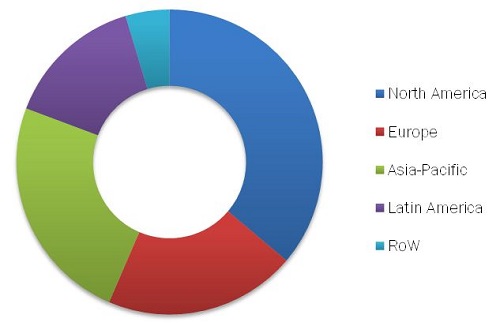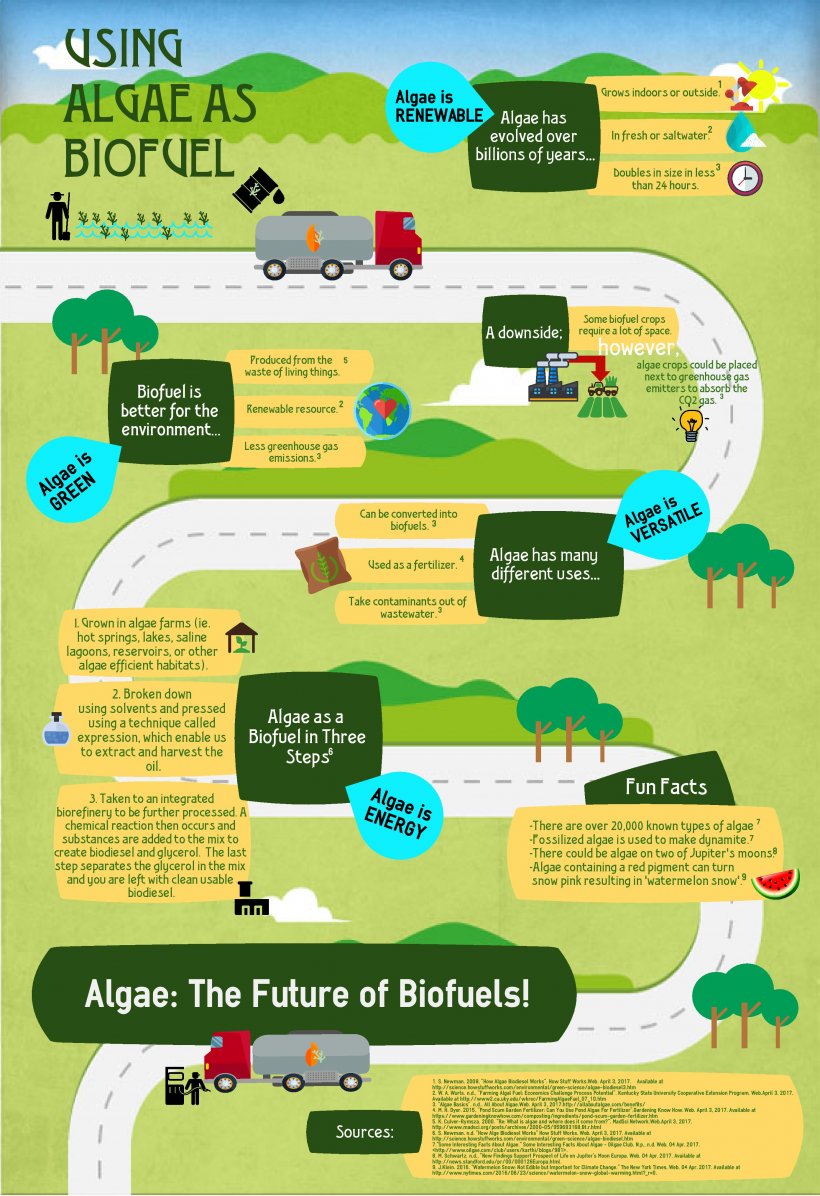
Introduction
The global biofuel market has emerged as a key player in the quest for sustainable energy sources. With increasing concerns over climate change and the depletion of fossil fuels, biofuels offer a promising alternative. This article provides a comprehensive overview of the biofuel industry, highlighting its relevance and importance in the global energy landscape.
Historical Background
The biofuel industry has come a long way since its inception. From humble beginnings to a thriving market, it has witnessed significant evolution. Historical milestones and events have shaped the industry, including the introduction of policies and regulations that have had a profound impact on its growth and development.
Key Concepts and Definitions
To understand the biofuel market, it is essential to be familiar with key concepts and definitions. Biofuels are derived from renewable sources, such as plants and organic waste. Ethanol and biodiesel are among the most common types of biofuels, each with distinct characteristics. Furthermore, an understanding of feedstocks used in biofuel production and conversion technologies is crucial to grasp the intricacies of the industry.
Main Discussion Points
Point: Market opportunities
The demand for renewable energy sources is growing rapidly, providing significant market opportunities for biofuels. As governments and industries seek to reduce greenhouse gas emissions, biofuels offer advantages such as lower carbon footprints compared to fossil fuels. Additionally, biofuels contribute to energy security and independence, reducing reliance on imported oil.
Point: Market challenges
Despite the potential of biofuels, there are several challenges that need to be addressed. Fossil fuels still dominate the energy market, posing stiff competition. Feedstock availability and sustainability remain critical concerns, as the demand for biofuels increases. Technological limitations and costs also hinder widespread adoption and commercialization of biofuels.

Point: Policy and regulatory landscape
Government incentives and subsidies play a pivotal role in shaping the biofuel market. Policies and regulations vary across countries, impacting the industry’s growth trajectory. International agreements and targets, such as the Paris Agreement, set the stage for increased biofuel production. However, changes in policies can have significant implications on the biofuel market, creating both opportunities and challenges.
Case Studies or Examples
Successful biofuel projects and initiatives provide valuable insights into the benefits of biofuel adoption. These case studies highlight the environmental and economic advantages of utilizing biofuels. Additionally, lessons can be learned from failed biofuel ventures, shedding light on the importance of careful planning and implementation.
Current Trends or Developments
Recent research findings and innovations have propelled biofuel production technologies to new heights. Advances in feedstock cultivation, conversion processes, and efficiency have improved the viability of biofuels. Market trends and growth projections indicate a promising future for the biofuel industry, with increased investments and innovation driving its expansion.
Challenges or Controversies
The biofuel industry is not without its fair share of challenges and controversies. The food vs. fuel debate raises concerns about diverting agricultural resources for biofuel production, potentially impacting food security. Environmental issues, including deforestation and biodiversity loss, also need to be addressed. Furthermore, the social and economic implications of biofuel adoption, particularly on rural communities, must be carefully considered.
Future Outlook
The biofuel market has immense potential for expansion in the coming years. As technology continues to evolve, advanced biofuels are expected to emerge, offering even greater sustainability benefits. Biofuels will play a crucial role in achieving global sustainability goals, providing a cleaner and greener energy alternative.

Conclusion
In conclusion, the global biofuel market holds significant promise as a renewable energy source. With growing concerns over climate change and energy security, biofuels offer a viable solution. It is imperative to continue exploring and investing in this industry to unlock its full potential and create a sustainable future for generations to come.




